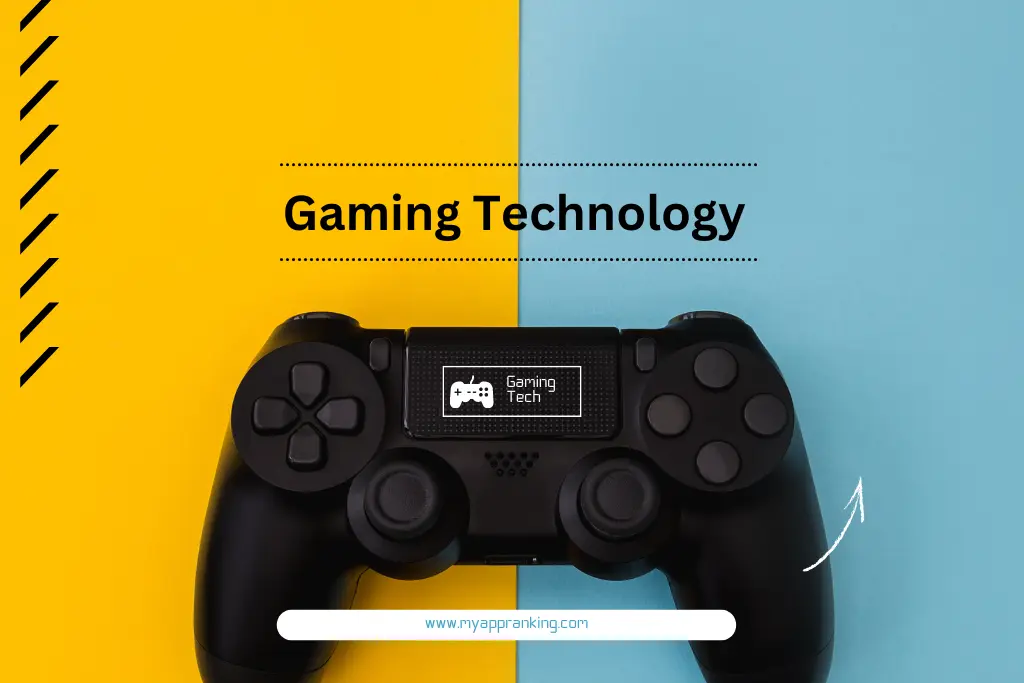Understanding Game Technology: A Comprehensive Guide

The world of gaming has undergone a significant transformation over the past few decades, thanks to rapid advancements in game technology. From the rudimentary pixelated games of the early days to today’s immersive virtual realities, the evolution of video game technology has been nothing short of extraordinary. In this blog, we will explore what game technology entails, the role of startups in this space, and the future trends shaping the industry.
What is Game Technology?
Game technology encompasses the tools, techniques, and platforms used to create, develop, and enhance video games. It includes a wide range of elements such as game engines, graphics rendering, artificial intelligence, physics simulations, and more. Game technology is not only about creating visually appealing games but also about ensuring they are engaging, interactive, and capable of running smoothly on various devices.
Core Components of Game Technology
Game Engines: These are the software frameworks used to build and develop video games. Popular game engines like Unity and Unreal Engine provide developers with the tools needed to create complex game environments, handle physics, and integrate sound and graphics.
Graphics and Rendering: Advances in graphics technology have led to stunning visual experiences in games. Techniques like ray tracing and advanced shading models have significantly improved the realism of game environments.
Artificial Intelligence: AI is used to create intelligent behaviors in non-player characters (NPCs), enhancing the gameplay experience. AI can control how NPCs react to player actions, navigate environments, and interact with other characters.
Physics Simulations: Realistic physics are crucial for immersive gameplay. Physics engines handle the simulation of real-world physical systems, allowing for realistic movements, collisions, and environmental interactions.
Audio Technology: Sound design and music are integral to the gaming experience. Advanced audio technology ensures high-quality sound effects and adaptive music that responds to in-game events.
The Role of Startups in Game Technology
Startups are at the forefront of innovation in game technology. These small, agile companies often lead the charge in developing new tools and technologies that push the boundaries of what is possible in gaming. Companies like “defstartup games tech” and “defstartup tech games” are examples of how startups can drive significant advancements in the industry.
How Startups are Innovating
Cloud Gaming: Startups are pioneering cloud gaming services, allowing players to stream games directly from the cloud without the need for powerful local hardware. This technology democratizes access to high-end gaming experiences.
VR and AR: Virtual Reality (VR) and Augmented Reality (AR) are transforming how we interact with games. Startups are developing more affordable and accessible VR and AR devices, along with innovative content to utilize these technologies.
Blockchain and NFTs: Blockchain technology is being used to create decentralized gaming ecosystems and Non-Fungible Tokens (NFTs) that offer unique ownership of in-game assets. Startups are exploring ways to integrate these technologies to provide new gaming experiences and business models.
AI and Machine Learning: Startups are leveraging AI and machine learning to create smarter, more adaptive game environments. This includes procedural content generation, personalized gaming experiences, and advanced analytics.
Future Trends in Video Game Technology
The future of video game technology is poised to be even more exciting, with several key trends expected to shape the industry:
Metaverse Development: The concept of the metaverse, a virtual shared space where users can interact with each other and digital environments, is gaining traction. Game technology will play a crucial role in creating these expansive, interconnected virtual worlds.
Enhanced Immersion: Technologies like haptic feedback, advanced VR/AR, and spatial audio will make games more immersive than ever. Players will be able to experience games in ways that feel incredibly real.
AI-driven Content Creation: AI will increasingly be used to create game content, from procedural generation of levels to dynamic storytelling that adapts to player choices.
Sustainability in Gaming: As environmental concerns grow, there will be a push towards more sustainable gaming practices, including energy-efficient hardware and eco-friendly game development processes.
Final Thoughts
Game technology is a dynamic and rapidly evolving field that continues to redefine the boundaries of interactive entertainment. From the development of sophisticated game engines to the innovative solutions pioneered by startups, the future of gaming looks incredibly promising. Whether you’re a gamer, a developer, or simply a tech enthusiast, the advancements in game technology promise to deliver new, exciting experiences and opportunities in the world of video games. As we look ahead, it’s clear that the integration of new technologies will continue to shape the future of this vibrant industry.
Do you Want
More Game Downloads?
Boost the Mobile Game Growth with the Ultimate Mobile App Marketing Experts
Latest Blogs
Do you Want
More Game Downloads?
Boost the Mobile Game Growth with the Ultimate Mobile App Marketing Experts
Game technology encompasses the tools, techniques, and platforms used to create, develop, and enhance video games. It includes game engines, graphics rendering, artificial intelligence, physics simulations, and audio technology.
Game engines are software frameworks that provide developers with tools to create game environments, handle physics, integrate sound and graphics, and manage other aspects of game development. Popular game engines include Unity and Unreal Engine.
Artificial intelligence (AI) is used to create intelligent behaviors in non-player characters (NPCs), making them interact more realistically with the game environment and players. AI enhances gameplay by providing challenging and adaptive opponents.
Startups like “defstartup games tech” and “defstartup tech games” are driving innovation in areas such as cloud gaming, VR/AR, blockchain, NFTs, and AI. These companies are developing new tools and technologies that push the boundaries of gaming.
The future of game technology includes the development of the metaverse, enhanced immersion through VR/AR and haptic feedback, AI-driven content creation, and sustainable gaming practices. These trends will shape the next generation of gaming experiences.
Cloud gaming allows players to stream games directly from the cloud, eliminating the need for powerful local hardware. This technology enables high-end gaming experiences on a variety of devices, making gaming more accessible.
Virtual Reality (VR) creates immersive gaming experiences by placing players in a fully digital environment, while Augmented Reality (AR) overlays digital elements onto the real world. Both technologies offer new ways to interact with games.
Non-Fungible Tokens (NFTs) are unique digital assets stored on a blockchain. In gaming, NFTs can represent in-game items, characters, or other assets, providing players with ownership and the ability to trade these items outside the game.




